Things Every App Developer Needs To Know
The popularity of smartphones is undeniable. As many people are spending most of their time with these devices, it’s important to remember that they pose design challenges when you create your app. In this article, we’ll highlight some of the challenges and features that you need to consider before starting to code your app for mobile.
Why Should You Develop a Mobile App?
Assuming you have a great idea for a mobile app, there are several reasons why you should develop it into a reality.
First and foremost, apps have the potential to make a lot of money. In addition to making money, developing a mobile app can also help you build your brand and grow your business. By creating an app that solves a problem or meets a need for your target market, you can position yourself as an authority in your industry and attract more customers.
Finally, developing a mobile app can be a fun and rewarding experience. If you enjoy the challenge of building something from scratch and seeing it through to completion, then developing an app is likely to be a very satisfying endeavor.
Full stack development Process
There are a few key steps that every app developer needs to take in order to create a successful app. These steps include:
1. Ideation and Conceptualization
The first step is to come up with an idea for an app. This can be done by identifying a problem that you think could be solved with an app or simply coming up with a cool concept for an app that you think people would enjoy using. Once you have an idea, it’s important to do some research to make sure there isn’t already an app out there that solves the same problem or offers the same experience.
2. Wireframing and Prototyping
After you’ve settled on an idea, the next step is to start wireframing your app. This is essentially creating a blueprint of how your app will look and function. You’ll need to consider things like user flow, navigation, and design when creating your wireframes. Once you have a solid wireframe, you can then start creating a prototype of your app. This will allow you to test out your ideas and get feedback from users before moving onto the development phase.
3. App Development
This is where the actual coding of your app takes place. If you’re not a programmer yourself, you’ll need to hire someone who is experienced in developing mobile apps. It’s important to make sure that your code is clean and well-organized so that it’s
Defining the Problem
As an app developer, it’s important to be able to identify and define the problem that you’re solving with your app. Otherwise, you won’t be able to create a solution that meets the needs of your users.
- Who is your target audience?
- What need does your app address?
- What are the specific goals of your app?
- What are the pain points of your users?
- How does your app solve the problem?
Answering these questions will help you to develop a clear understanding of the problem that you’re trying to solve with your app. Once you’ve defined the problem, you can move on to creating a solution that meets the needs of your users.
Potential Solutions For App Developer
- App developers could learn more about business through formal education, such as taking business classes or getting an MBA.
- App developers could learn more about business through informal education, such as reading business books or blogs, listening to business podcasts, or attending startup events.
- App developers could partner with someone who is already knowledgeable about business, such as a co-founder or advisor.
- App developers could consult with a professional service provider who specializes in helping startups and small businesses grow.
- App developers could join an entrepreneur group or sector-focused organization where they can network with other professionals and learn from their experiences.
How to Choose the Right Development Tool?
The most important factor when choosing a development tool is whether or not it can be used to develop the app you have in mind. There are many different types of development tools available, so it is important to choose one that is compatible with the operating system you are using as well as the devices you want to support. Another important consideration is the cost of the tool. Some tools are free to use, while others charge a monthly subscription fee.
Once you have considered these factors, you can narrow down your choices and select the development tool that best meets your needs.
Importance of Developer Resources
As an app developer, it is important to be aware of the many resources available to you. These resources can help you in a variety of ways, from improving your skills to marketing your app.
Here are some of the most important developer resources you should know about:
- App Store: This is obviously a key resource for any app developer. Not only can you market your app here, but you can also get feedback and ratings from users.
- Google Play: Another vital resource for Android developers. Google Play is where users can download and purchase apps, as well as rate and review them.
- Developer Forums: There are many forums out there dedicated to app development. These are great places to ask questions, get advice, and network with other developers.
- Social Media: Social media platforms like Twitter and Facebook can be useful for promoting your app and connecting with potential customers or partners.
Types of Apps
There are two types of apps: native and web.
Native apps are developed specifically for one platform, and they take full advantage of all the features that the platform has to offer. They are usually faster and more responsive than web apps, but they can only be developed for one platform at a time.
Web apps are designed to work across multiple platforms, and they are usually created using HTML, CSS, and JavaScript. Because they are not developed specifically for one platform, they might not take full advantage of all the features that each platform has to offer.
App Publishing & Marketing
There are a few things that every app developer needs to know about publishing and marketing their app. The first is that it is important to have a well-designed app page. This means having a strong icon, screenshots that show off your app’s features, and a clear description of what your app does.
The second thing to keep in mind is that you need to market your app to the right audience. This means finding the right channels to promote your app and creating targeted marketing campaigns. You can’t just rely on organic traffic; you need to put in some effort to reach potential users.
Finally, you need to think about how you will monetize your app. There are a few different options here, but whatever you choose, make sure it is something that will work well for your specific app and target audience.
If you keep these three things in mind, you’ll be well on your way to success with your app development project!
Conclusion
As an app developer, there are a few things you need to keep in mind to be successful. First, research your target market and understand their needs. Second, create a prototype of your app and get feedback from potential users. Third, focus on creating a user-friendly interface. Fourth, make sure your app is compatible with different devices. Fifth, test your app thoroughly before launch. Sixth, promote your app through social media and other channels. Seventh, track your app’s performance and user engagement metrics. Eighth, update your app regularly with new features and bug fixes. Ninth, offer customer support in case users have any issues. Finally, tenth, always be learning and investigating new trends in the industry so that you can stay ahead of the curve.”
To learn more about mobile app development, sign up for Dice Academy Full Stack Development course today!
You Might Also Like
Top 10 Skills Every Full-Stack Developer Should...
Top Frontend and Backend Skills to Excel as a...
Stay Tuned
Stay up to date with our latest courses.




















.png?width=130&height=53&name=image%2027%20(1).png)


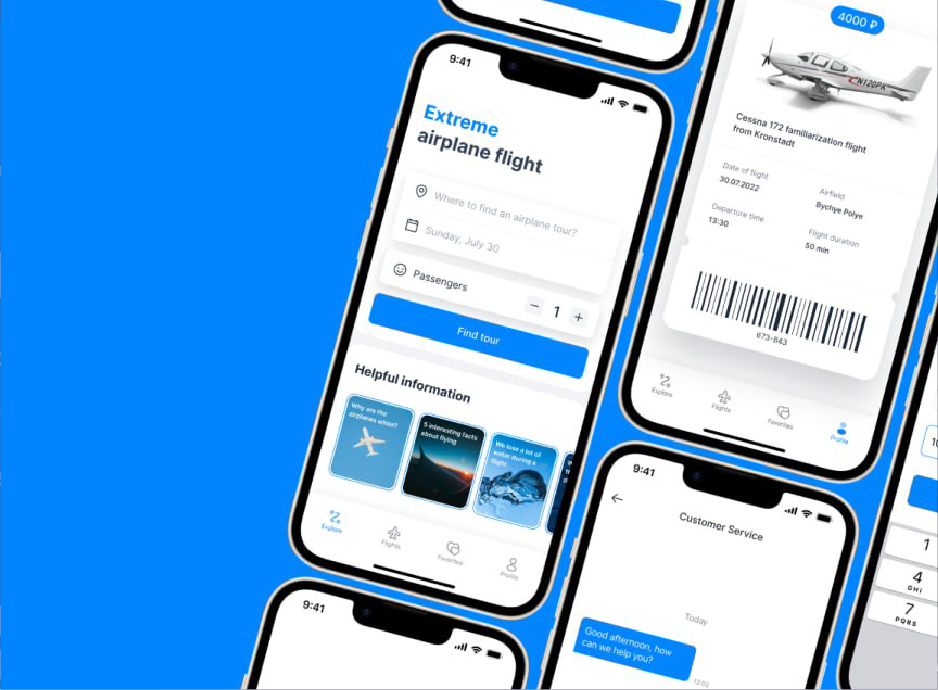



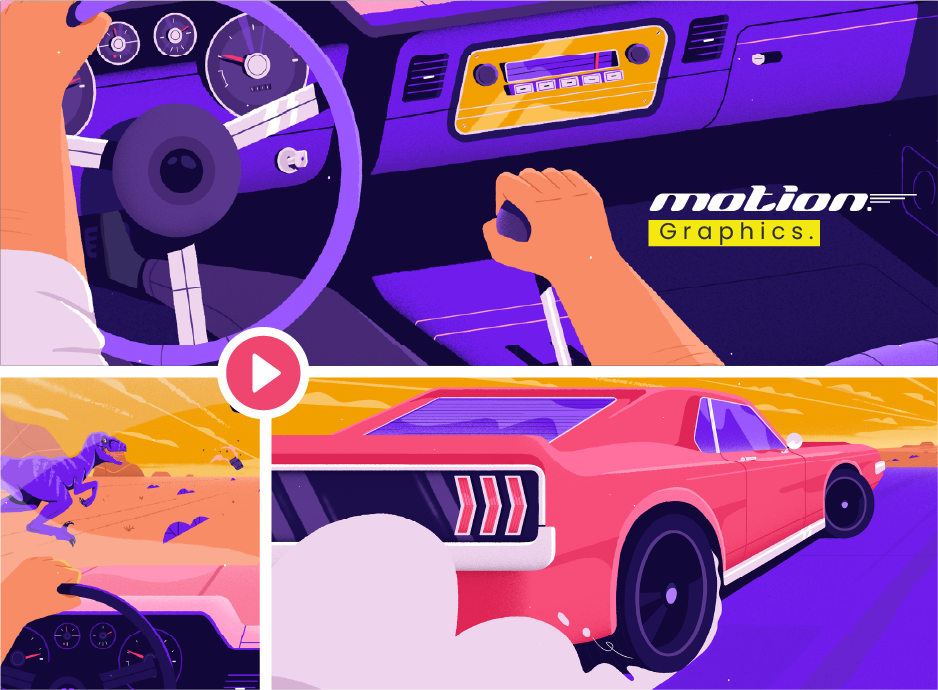
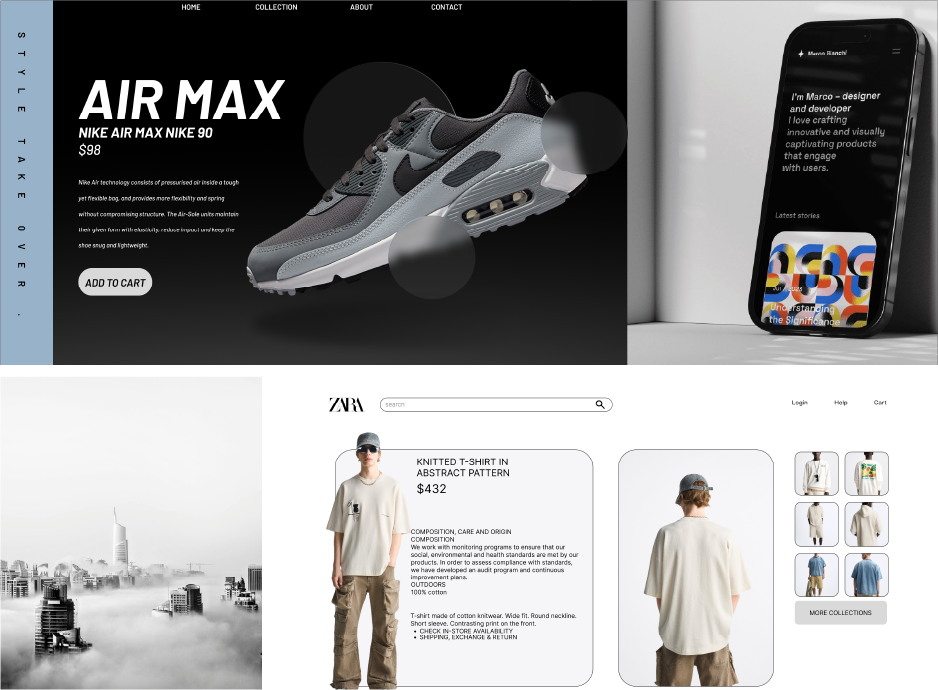






.jpg)



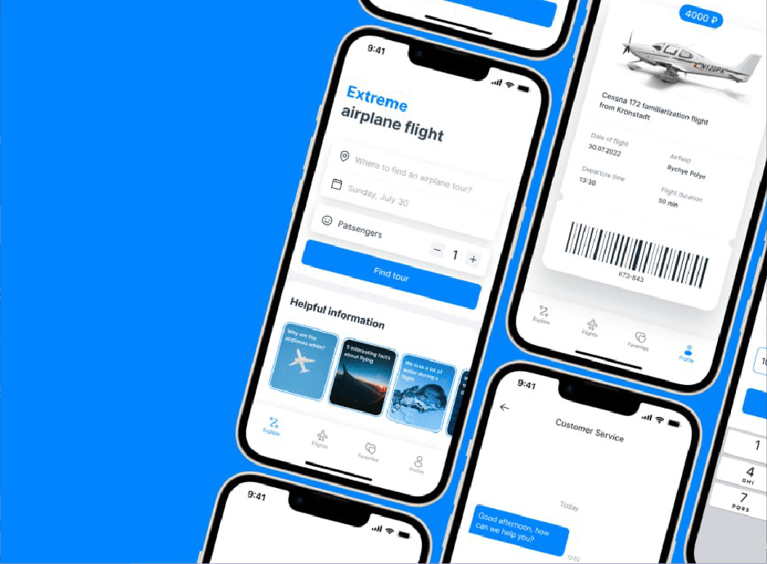
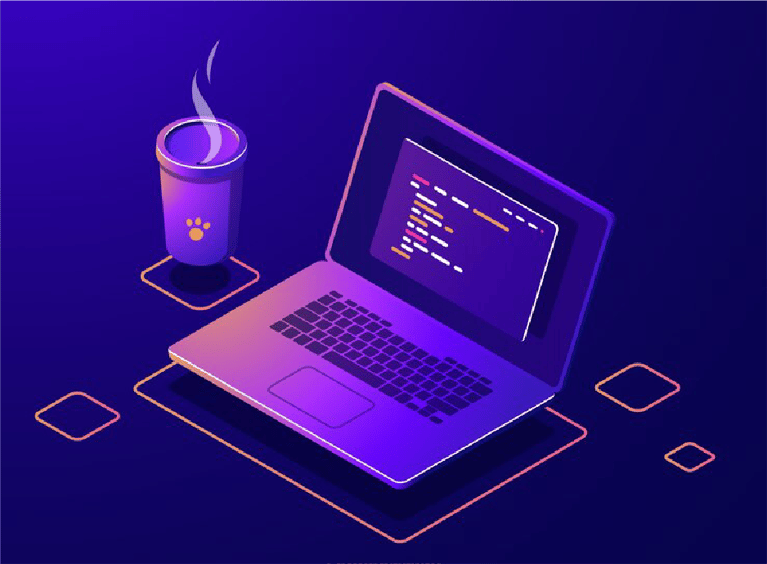


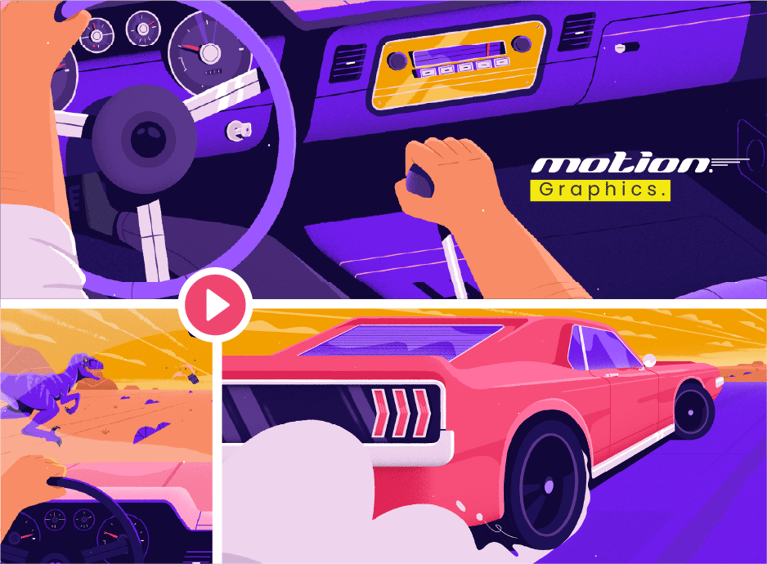
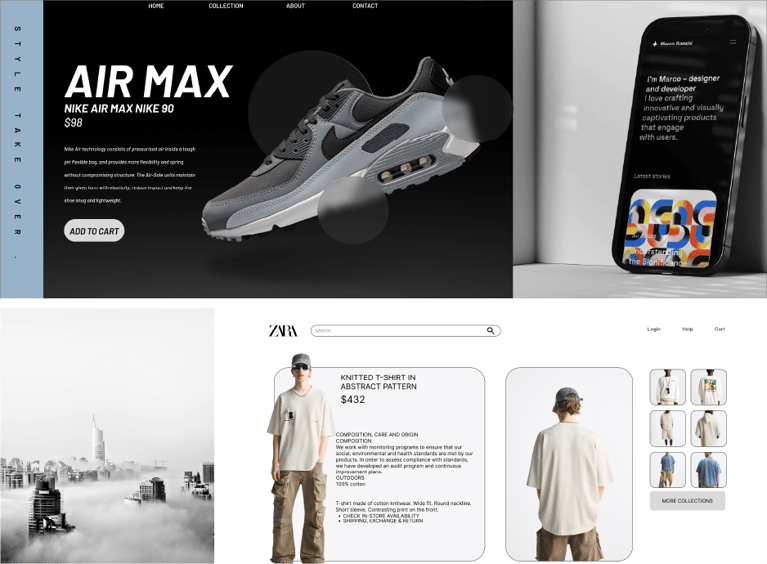






.jpg?width=767&name=movie%20poster%20%20(option%202).jpg)

BOOK A FREE CONSULTATION